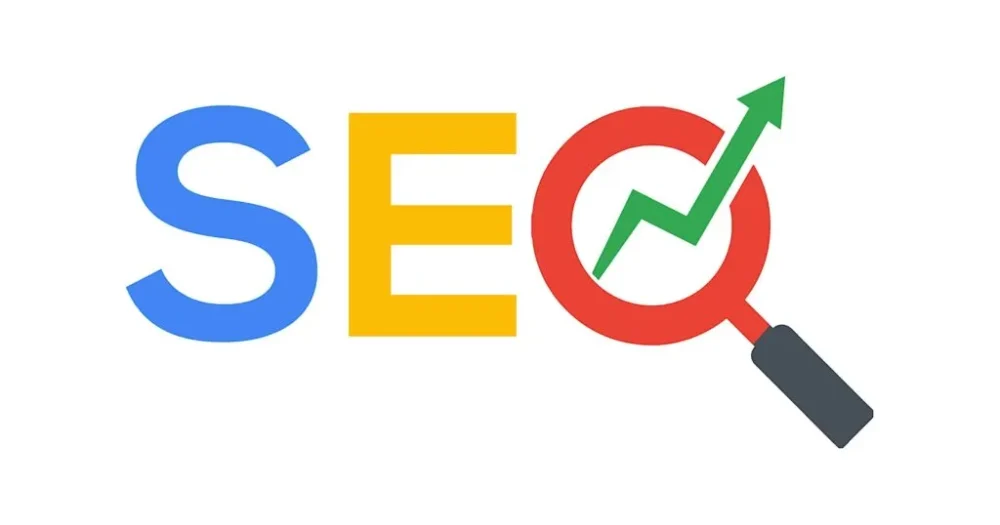In the freelance world, the debate about working for “exposure” is a contentious topic. Many freelancers encounter opportunities that promise great exposure in exchange for their skills, often at little or no monetary compensation. But is this a wise choice? Let’s explore the pros and cons of working for exposure and help you determine if it’s right for you.
Understanding “exposure”
When someone offers you work for exposure, they are suggesting that the visibility you gain from the project will lead to future opportunities, potentially outweighing the immediate lack of payment. This can come in various forms, including:
- Brand recognition: Associating with well-known companies or influencers.
- Portfolio building: Adding high-profile projects to showcase your skills.
- Networking: Meeting people who could refer you or hire you in the future.
The pros of working for exposure
- Building your portfolio: If you’re just starting out, taking on projects for exposure can help you build a solid portfolio that demonstrates your skills and expertise.
- Networking opportunities: Working with established brands or influencers can open doors to new connections and future clients.
- Learning experience: Exposure projects may offer unique challenges that can enhance your skills and provide valuable learning experiences.
- Potential future work: If you impress the client, it could lead to paid opportunities down the line.
The cons of working for exposure
- Undervaluing your work: Regularly working for free or low pay can set a precedent that your skills aren’t worth much, making it harder to negotiate fair rates in the future.
- Time commitment: Time spent on unpaid work could be used for paid projects or marketing your services, potentially costing you more in lost income.
- Questionable returns: There’s no guarantee that the exposure will lead to paid work. Many freelancers find that “exposure” doesn’t pay the bills.
- Exploitation: Some companies may use the exposure argument as a way to avoid compensating freelancers altogether, taking advantage of their eagerness to gain visibility.
Evaluating the opportunity
Before accepting work for exposure, ask yourself the following questions:
- What is the reputation of the company or individual? Research their background and previous collaborations to determine if they are credible.
- How will this benefit my career? Consider if the exposure will genuinely help you reach your goals or expand your network.
- What is the scope of the work? Ensure the project won’t require excessive time or effort that could be better spent elsewhere.
- Are there any alternatives? Is there a possibility to negotiate a small fee or some other form of compensation, such as a referral or testimonial?
Wrapping it up
Working for exposure can be a double-edged sword for freelancers. While it can offer valuable opportunities, it’s essential to weigh the potential benefits against the risks of undervaluing your work and time. If you decide to take on exposure work, do so selectively and with clear expectations. Ultimately, your time and skills are valuable; don’t be afraid to advocate for their worth.



